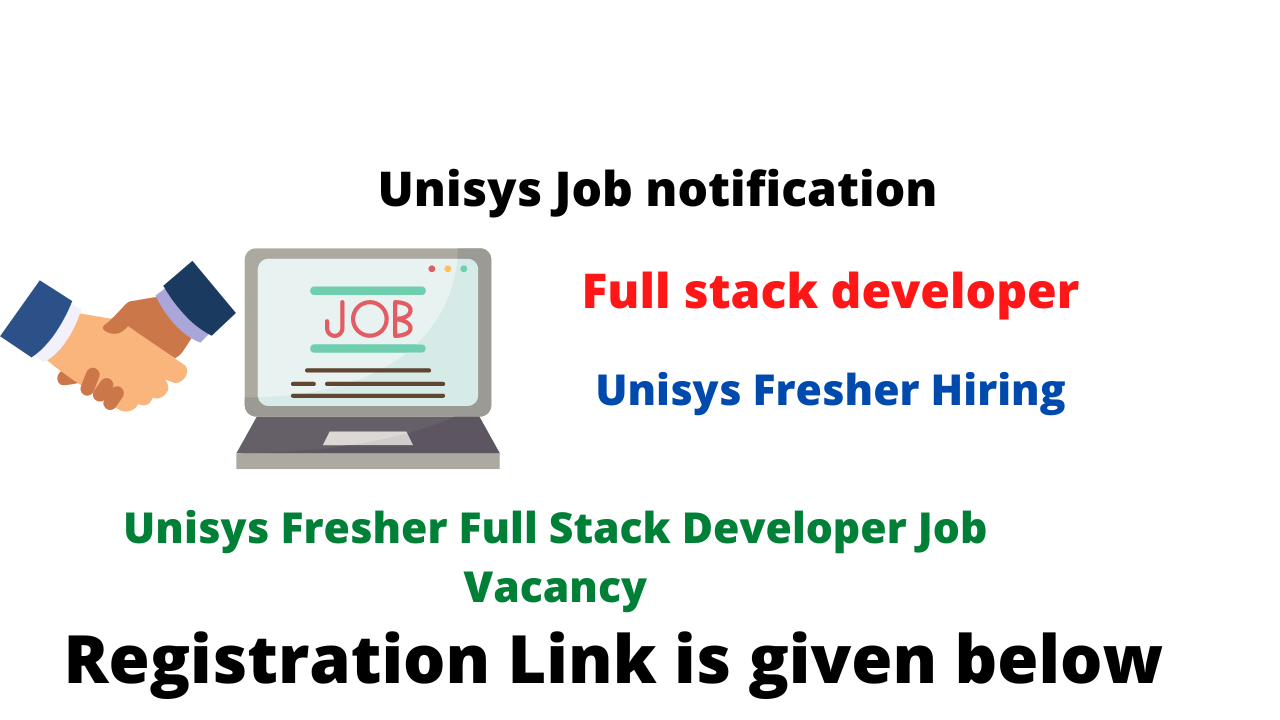
Financial software developers must be able work with large amounts of data. They should be familiar with distributed systems architecture and mathematical modelling. These developers must also have exceptional problem-solving skills. You will also find information on salary and job outlook for this career. If you're interested to develop financial software, continue reading to learn about the requirements for this career.
Job outlook
As a financial software developer, you need to have a good understanding of data structures and programming languages. They must also be comfortable working in large numbers of data. Many financial institutions now use cloud computing services like AWS or Azure. Data engineers are becoming more essential as cloud-based computing services grow. They are often responsible to ensure data quality, efficiency and reliability. They must be skilled in data analytics, data visualization, and data optimization.
Software developers in financial software may work in many industries. The types of software they develop will depend on the type of financial institution and its needs. They can work with any size bank, or large financial institution. They could also work with credit cards companies, who are constantly creating new financial software to suit a variety of purposes.

Salary
Based on education and experience, the salary for financial software developers can vary widely. Additional compensation could include bonuses for achieving specific milestones. As financial institutions continue to invest heavily in new technology, the demand for software developers will rise faster than the average over 10 years. Many companies are searching for automated ways to improve customer services.
From a low salary of $56,730 up to a high one of $116.670, financial software developers can earn a range of salaries. ZipRecruiter says that the Chicago area is one of the most competitive in America, with Financial Software Developers making an average salary of $121,275 per annum. This is roughly $3,375 above the national average.
Skills required
Software developers in financial software must have a wide range of skills. First, they need to be able program. This skill allows them create programs that can handle large amounts data. They will also need to be conversant with mathematics and distributed system architecture. Data analysis is another skill they must have in order to develop financial industry applications.
Next, they must be able to communicate with clients and explain complex financial concepts. They should also be able hear clients' feedback and make improvements to their software.

Career path
If you're interested in a career in computer programming, you may want to consider becoming a financial software developer. You will need to be proficient in data structures and programming languages, as well as a range of programming languages. Financial software developers use their skills to create efficient and accurate programs. They should be able analyze large quantities of data and do complex calculations.
Some financial software developers work in offices. However, others may also work from home. Typically, they work regular business hours, but they may have to work overtime if needed to meet deadlines and accommodate clients in different time zones. They must also be able communicate effectively with clients and other members of the team.
FAQ
What can I count on from my consultant to help me?
When you choose your consultant, they should respond within a few working days. They will typically ask for information about the company, such as its mission, goals. products and services. budget. They will then send you a proposal that outlines the scope of work and estimates timeframe, fees, deliverables, milestones and other details.
If everything is in order, then the parties will enter into a written contract. The type of relationship between them (e.g. employer-employee or employer-independent contractor) will determine the terms of the contract.
If all goes according to plan, the consultant will begin working immediately. The consultant will have full access to your files and resources. You'll also have access to their skills and knowledge.
Don't think that consultants are experts. It takes practice, effort and practice in order to be an expert in any area you consult. You shouldn't expect your consultant will know everything you need to know about your business.
How long does a consultant take?
Your industry and background will determine the length of time it takes. Most people start with just a few months of work before finding employment.
Some consultants work for years to perfect their skills, before being hired.
What are the advantages of being a consultant?
Consultants are able to pick when and where they want to work.
This allows you the freedom to work wherever you like, whenever you want.
You can also easily change your mind, without worrying about losing any money.
Finally, you have the ability to control your income levels and establish your own schedule.
What happens when the consultant finishes the job?
After the consultant finishes the work, s/he will send a final report outlining the results. This report includes project timelines, deliverables, and any other pertinent information.
Then, you'll review the report and decide whether the consultant met your expectations. If you are not satisfied with the consultant's report, you have the option to ask for modifications or to terminate your contract.
What qualifications do you need to be a consultant?
It is not enough to have an MBA degree. You must also have experience as a consultant. A minimum of two years' experience in consulting, training and/or advising a major company is necessary.
You must have worked closely with senior management teams on strategy development projects. You will need to feel comfortable communicating ideas to clients and getting their support.
You'll also need to pass a professional qualification exam such as the Chartered Management Institute's Certified Management Consultant (CMC) certification.
Statistics
- Over 50% of consultants get their first consulting client through a referral from their network. (consultingsuccess.com)
- 67% of consultants start their consulting businesses after quitting their jobs, while 33% start while they're still at their jobs. (consultingsuccess.com)
- According to statistics from the ONS, the UK has around 300,000 consultants, of which around 63,000 professionals work as management consultants. (consultancy.uk)
- "From there, I told them my rates were going up 25%, this is the new hourly rate, and every single one of them said 'done, fine.' (nerdwallet.com)
- On average, your program increases the sales team's performance by 33%. (consultingsuccess.com)
External Links
How To
How to start a consulting company and what should I do first?
Starting a Consulting Company is a great way to make money online from home. You don't need any previous business experience or investment capital. You can start your own consulting firm by building a website. To promote your services, you will need to create a website.
These tools allow you to make a marketing program that includes the following:
-
Blog Content Creation
-
Building relationships (contacts)
-
Generating Leads (lead generation forms).
-
Selling products online
Once you've created your marketing strategy, the next step is to find clients who are willing to pay you for your services. Some people prefer to go through networking groups and events, while others prefer to use online methods such as Craigslist, Kijiji, etc. The choice is up to you.
Once you have secured new clients, you will need to discuss terms with them and their payment options. This could include hourly fees, retainer agreements, flat fee contracts, etc. It's important to know what you expect before accepting a client so you can communicate clearly throughout the process.
An hourly agreement is the most common contract for a consulting service. This type of contract requires you to provide certain services at fixed rates each week or month. Based on the service you provide, you might be able to negotiate a discount based on the length of your contract. Make sure you understand what you are signing when you accept a contract.
Next, create invoices and then send them to clients. Invoicing can seem simple until you try it. There are many ways that you can invoice your clients depending on what your preferences are. Some people prefer to email their invoices directly, while others prefer to mail them hard copies. No matter what you do, make sure it works!
Once you have completed creating invoices you will want to collect payment. PayPal is the most popular payment option because it's easy to use and provides multiple payment options. You can also use Square Cash, Square Cash (Google Wallet), Square Cash, Square Cash, Apple Pay and Venmo as payment processors.
Once you're ready for collecting payments you'll need to set up bank account. You can track income and expenses separately by having separate savings and checking accounts. Automated transfers into your bank account are a great way to pay bills.
It can seem daunting to start a consulting business. But once you understand how it works, it becomes second nature. Check out this blog post for more information about starting a consultancy company.
The best way to make extra cash is to start a consulting business. Remote consultants don't need to be tied down by office politics or work long hours. Because you don't have to work a set number of hours per week, you can be more flexible than a traditional employee.